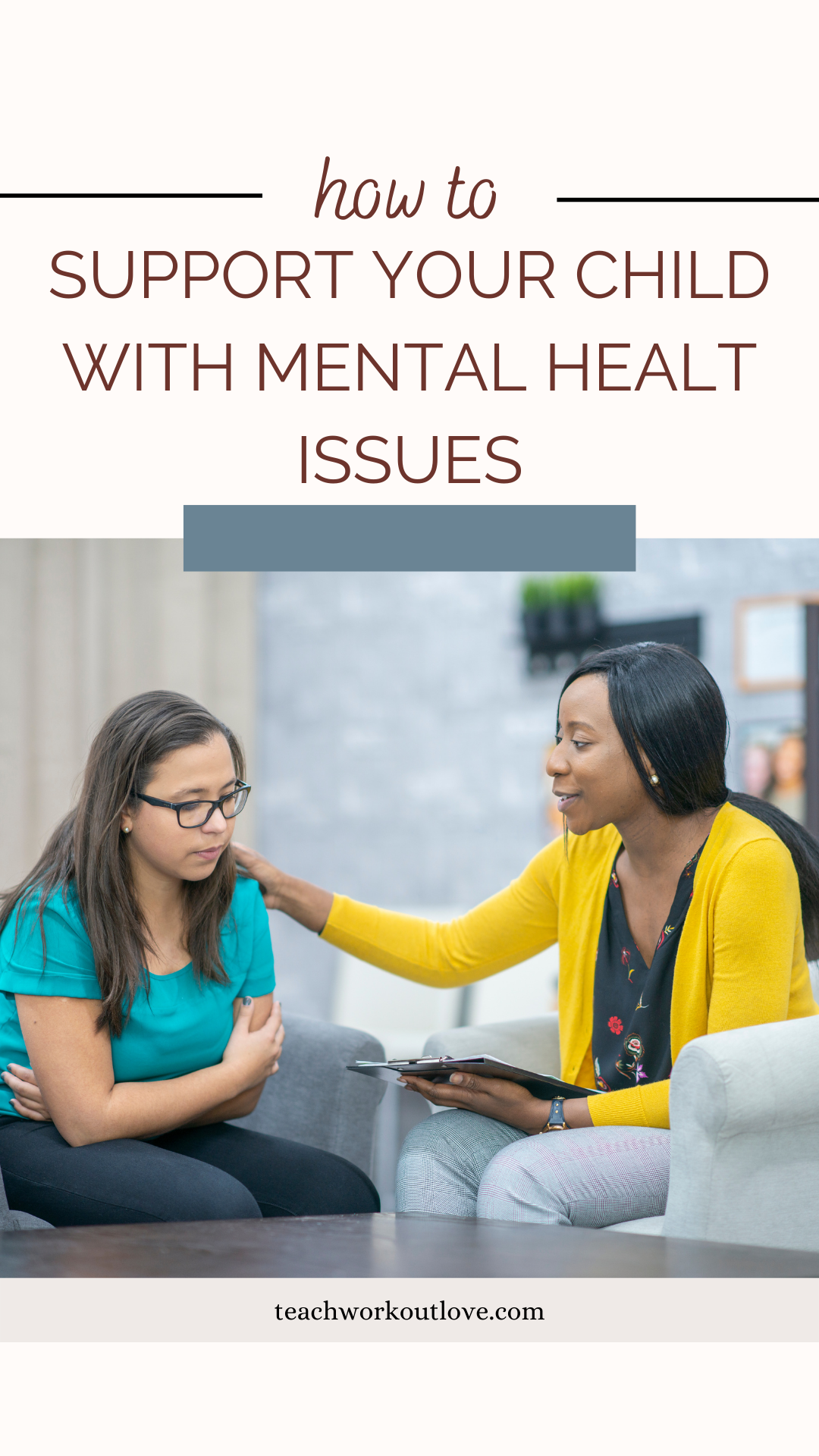
It is essential for us as parents to make certain that our children experience a sense support throughout each stage of their development. Although there are circumstances in which children who are having significant difficulty coping with life may benefit from the assistance of a professional, there are also many ways in which parents can support their children’s mental health.
1. Set a positive example of healthy coping skills.
By demonstrating healthy coping mechanisms in the home, you can teach your children how to deal with their feelings in a way that is beneficial to their development. You have the option of teaching these skills to your child alongside them or by guiding them through them on their own.
2. Keep an eye out for any changes in behavior.
It is completely normal for children to go through behavioral transitions as they move through the various stages of childhood development. However, if you notice that your child has become more withdrawn or isolated from their friends, family, or routine, it may be a sign that they are going through a situation or feeling that they don’t know how to process on their own. This is something that you can look out for if you pay attention to these changes. Make sure your child is okay, and let them know that you are there for them and ready to help them in any way they may require.
3. Always maintain open and honest lines of communication.
It is critical that your kid is aware that they can come to you about any problem, and that they will be received, listened to, and supported with love and compassion no matter what. You can increase the likelihood that they will come to you when they have a problem by simply letting them know that you are there to support and listen to them without passing judgment on anything they say or do.
4. Make it clear to them that they are loved and that they have your support.
One of the most significant things that a parent can give their child is a setting in which the child is made to feel that they are loved and that they play an important role. They are aware that no matter what they do, they will be supported, and this contributes to an increase in the sense of security and safety that they experience in the home.
5. Encourage joyful movement.
Kids absolutely need some sort of outlet, and physical activity can provide that for them. This is beneficial for both their physical and mental health. An excellent strategy for ensuring that children continue to be engaged and interested throughout their lives is to begin, even at a young age, to assist them in identifying a form of physical activity that they find enjoyable. Involving your child in activities that involve movement that you both do together can be another great way to get them involved.
6. Include them in the process of making decisions.
Because we adults believe that we know what is best for our children, children are frequently excluded from the process of making decisions that affect them. Obviously, the best person to make the ultimate choice is the parent, but this isn’t always the case. However, if you can find ways for your child to participate in the decision-making process, it can help your child feel like they are heard and valued in their home. Look at Alpine Academy Utah reviews together and show them you value their input.
7. If you find that you need it, get help from a professional.
As a parent, one of the most important skills you can possess is the ability to recognize when your child requires assistance. When you are trying to manage your child’s behaviors or respond appropriately to their feelings, it is possible that there will be times when you feel completely overwhelmed or frustrated. Don’t be afraid to look for and ask for assistance; doing so can be beneficial not only to you but also to your child.
This post contains affiliate links and I may receive a commission, at no additional cost to you, should you purchase through one of my links. Please see my disclosure for more information.








